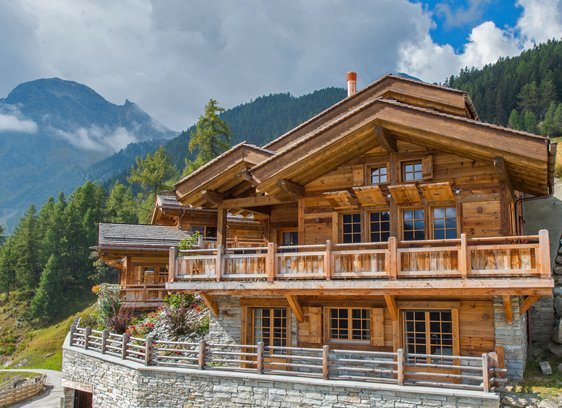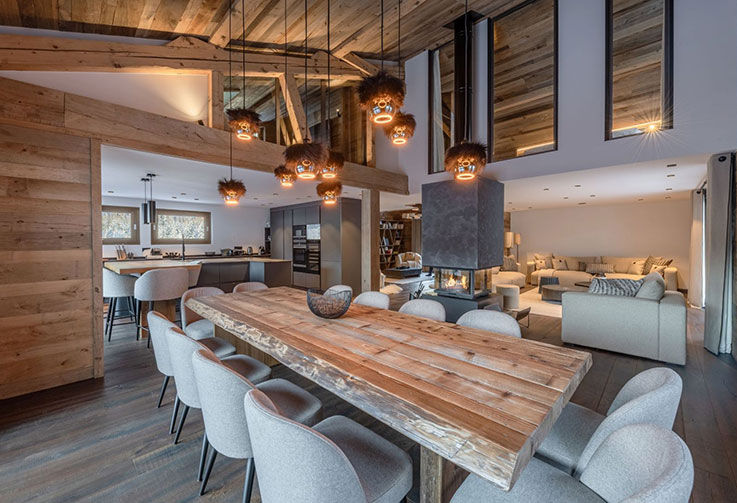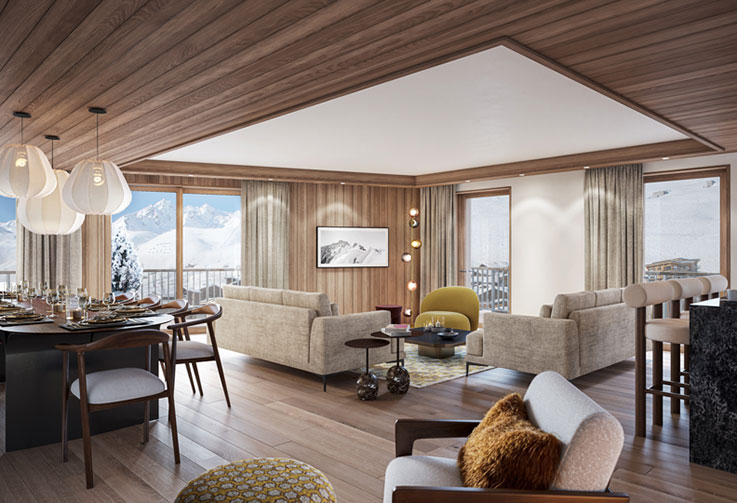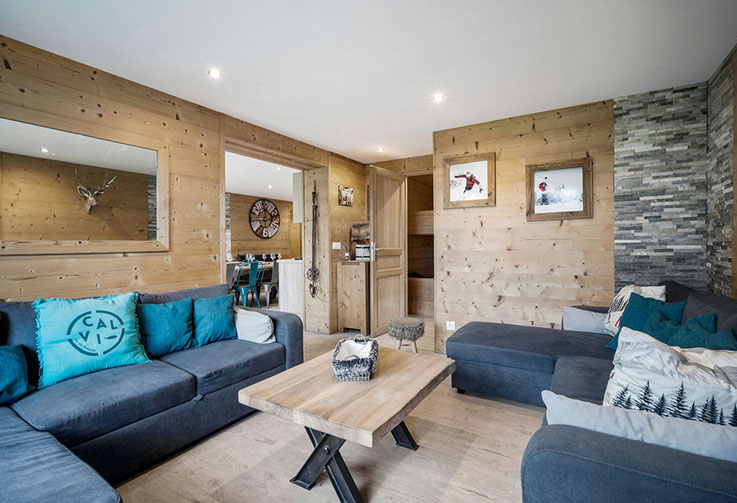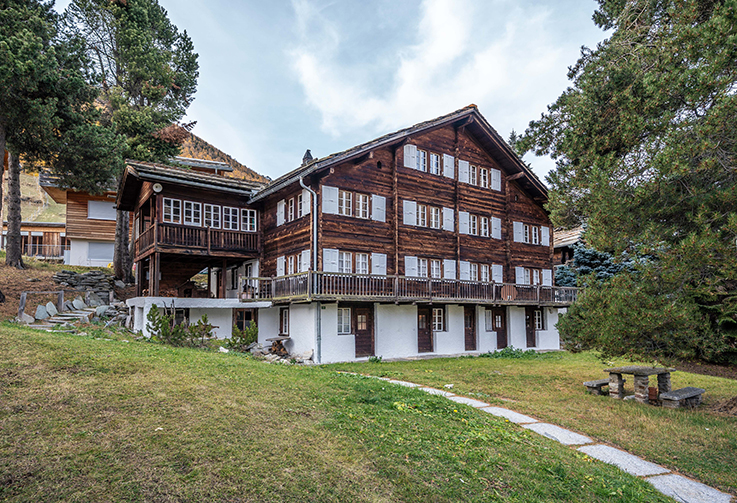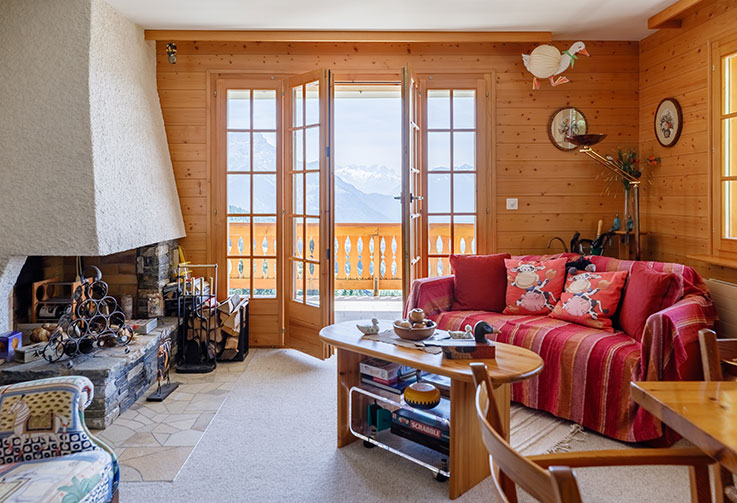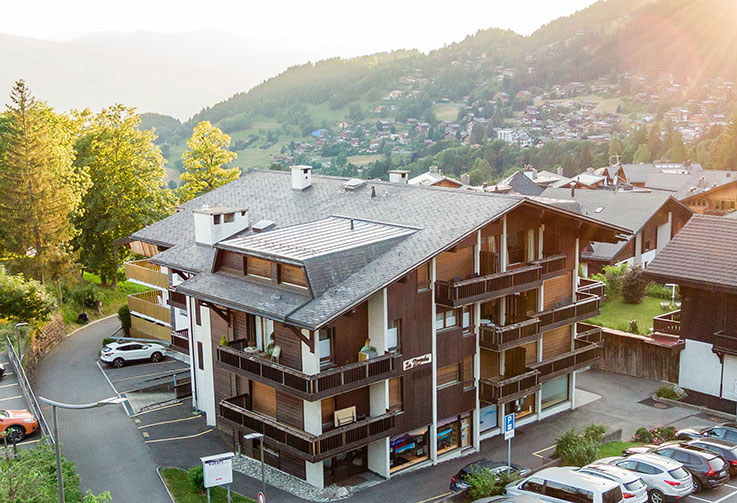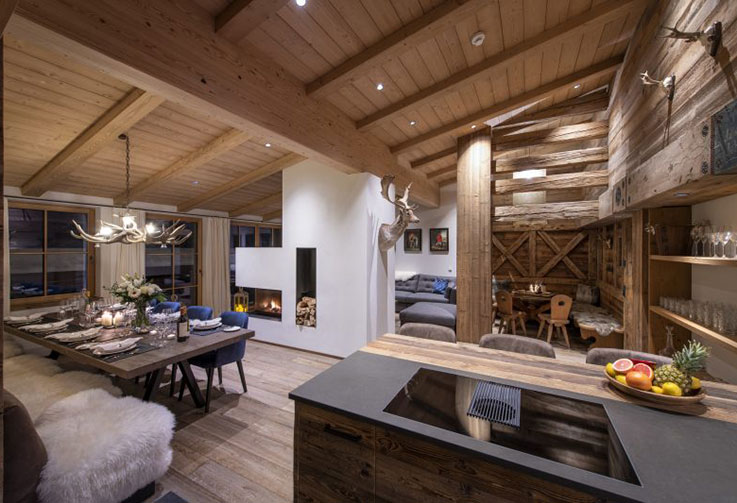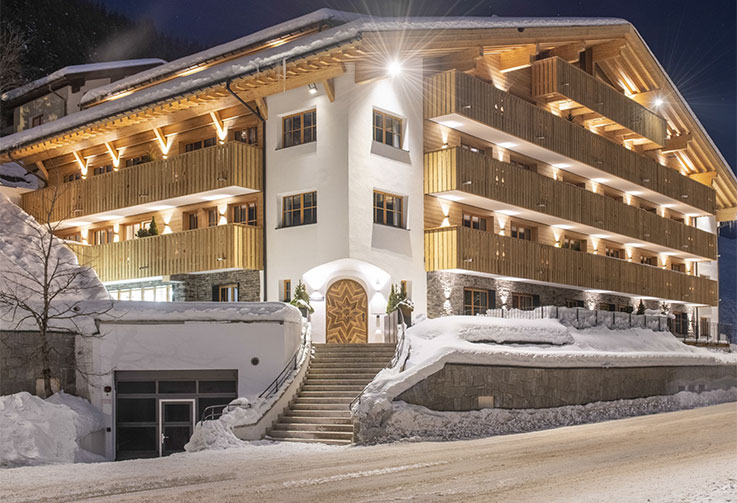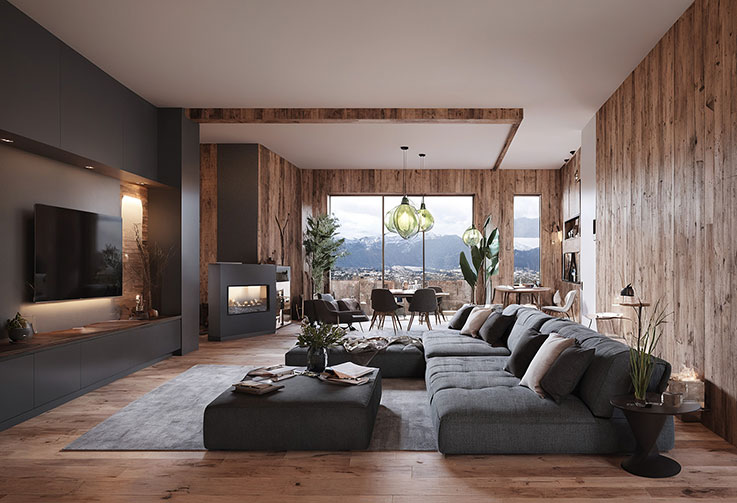French Buyers' Info
Property Types in France
Property Restrictions for Foreigners
Purchase Process and Costs
Advantages of Buying a Newbuild Property
Buying Off-Plan
VAT Rebate for Rented Properties
Mortgages
Buying in the Name of a Company
Rental Income and Running Costs
Investment and Selling
Annual Property Taxes
Staying in France and French Residency
Latest French Properties
Latest Swiss Properties
Latest Austrian Properties
Sign Up for Latest Updates
Stay up to date with new properties available across the Alps.
You will receive the latest property updates as we receive them, usually about once a fortnight, and you can unsubscribe at any time. See our privacy policy for more details on how we protect your information.

